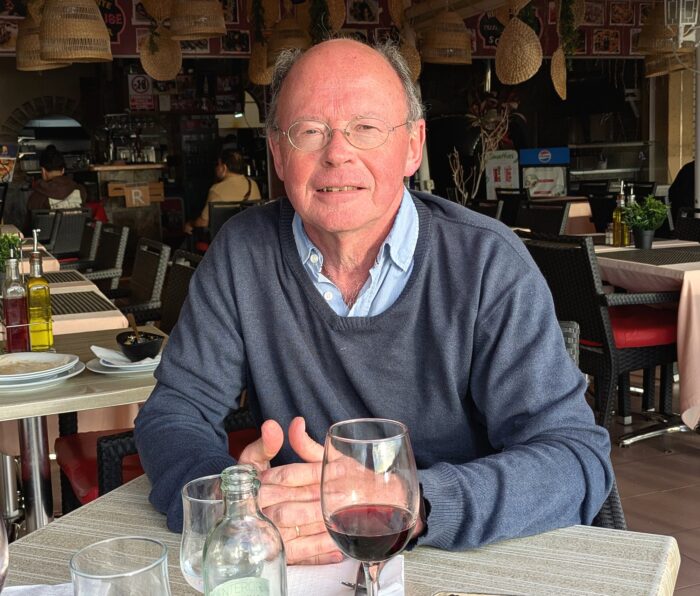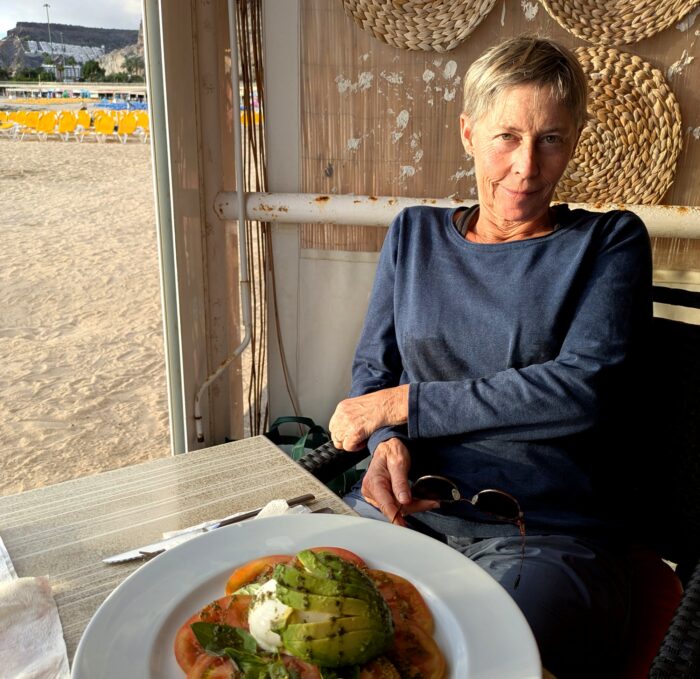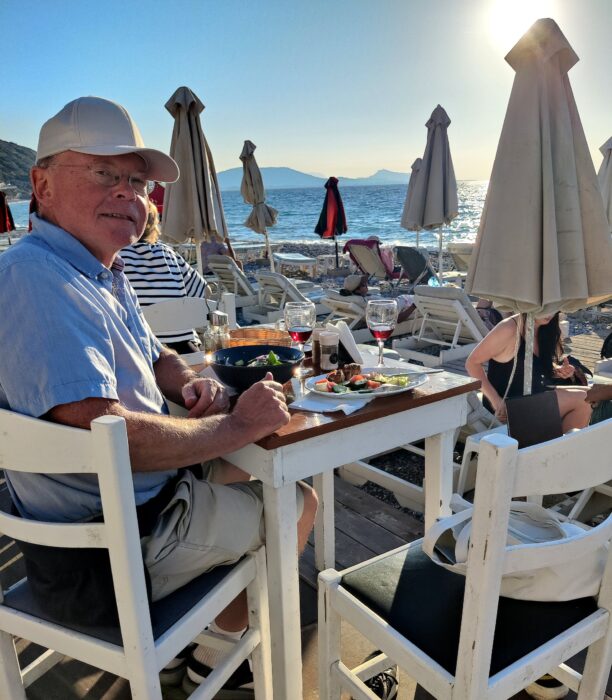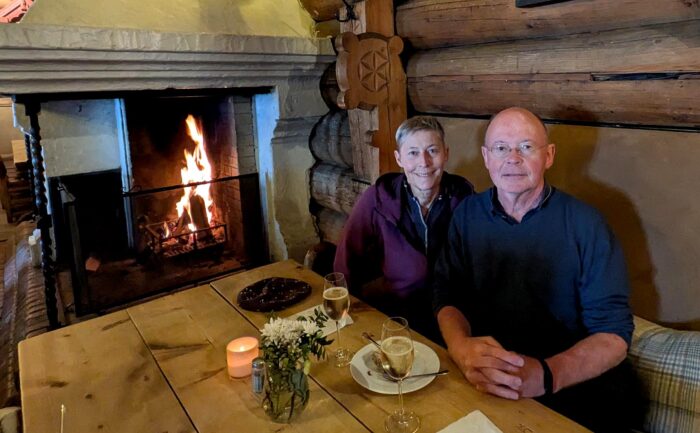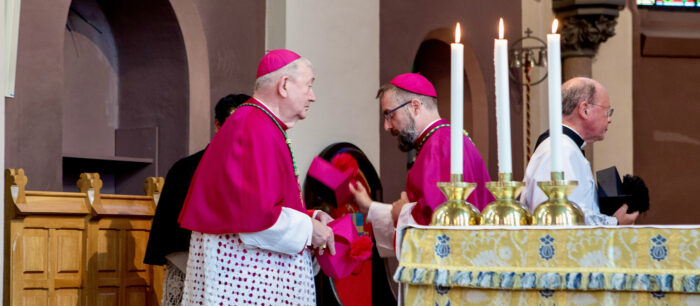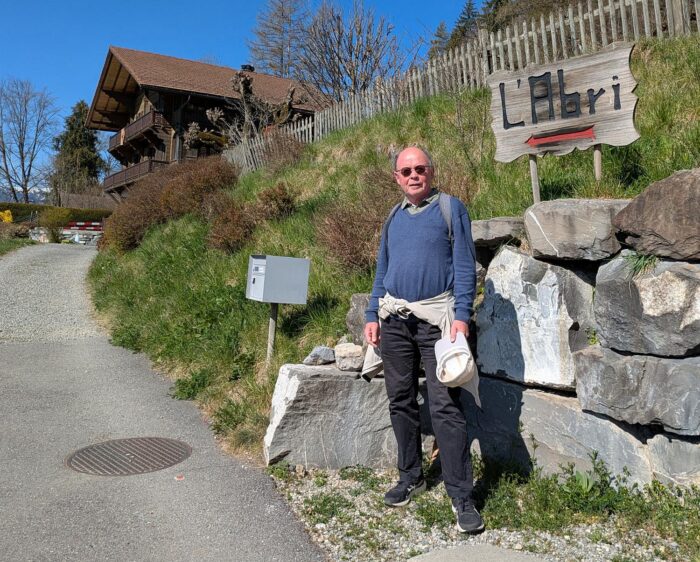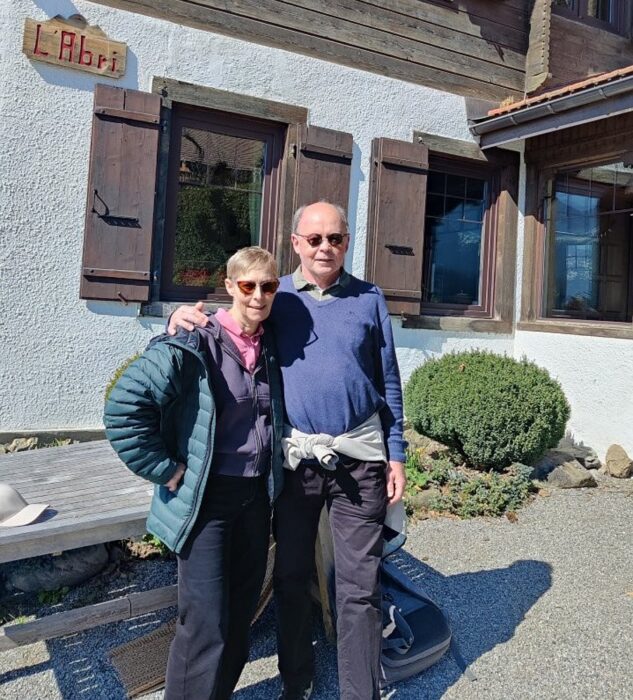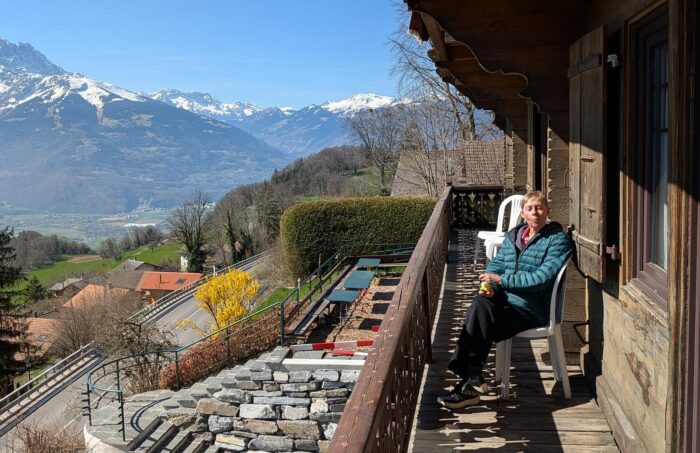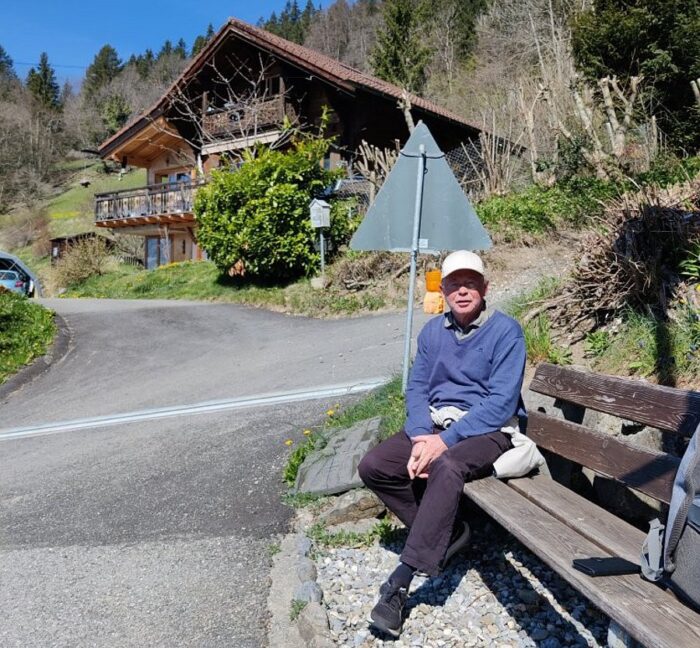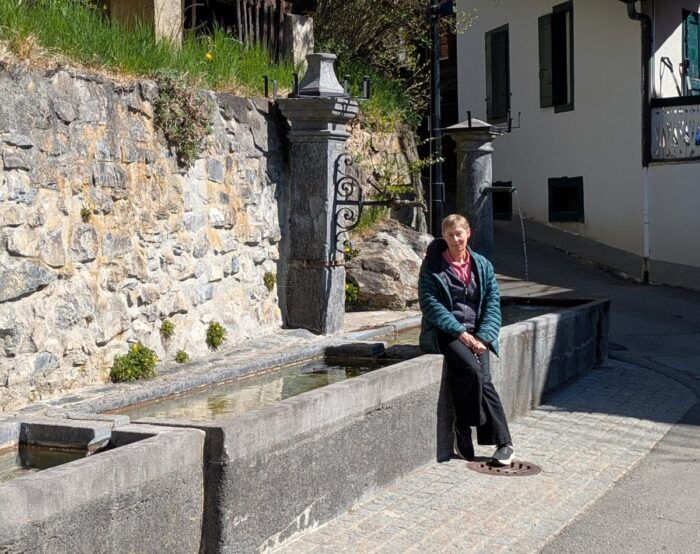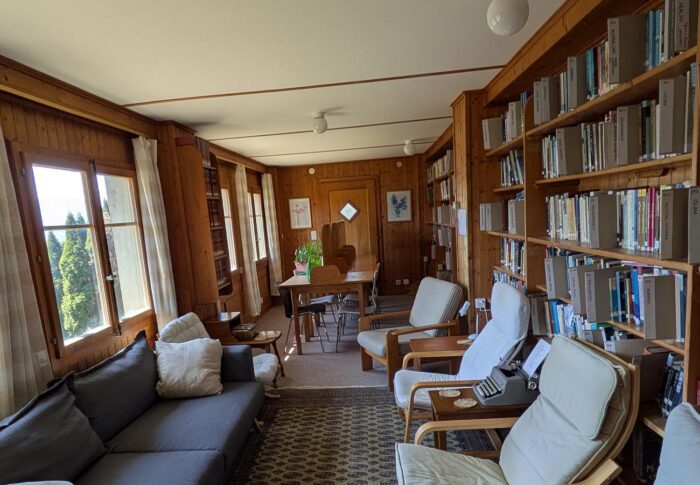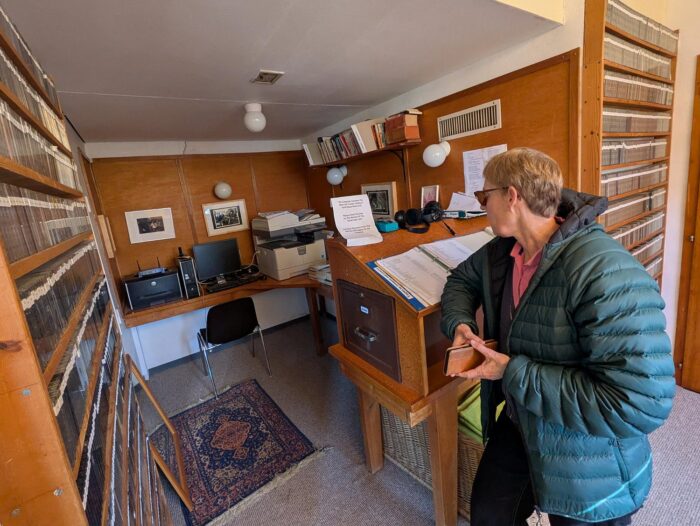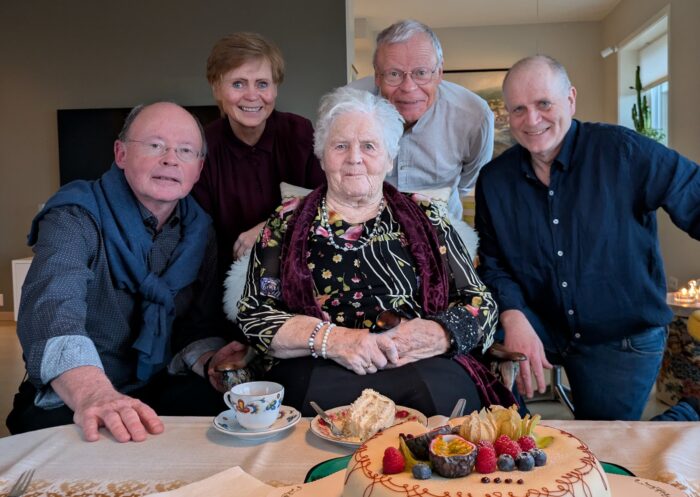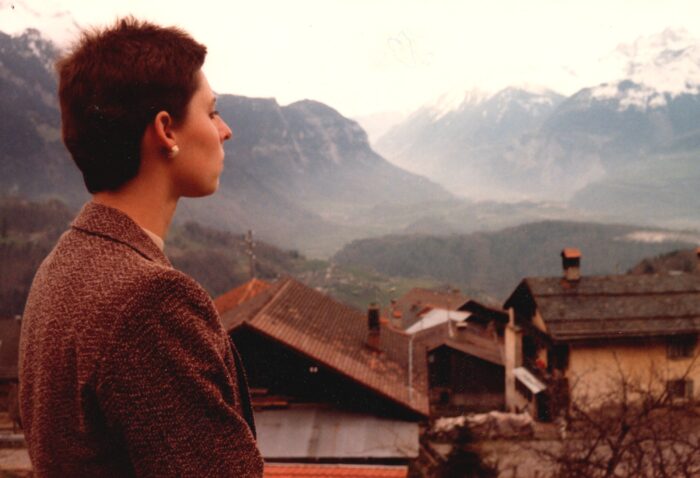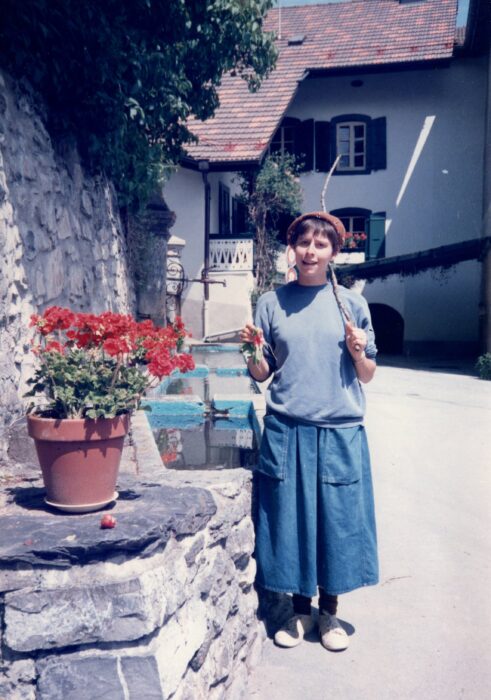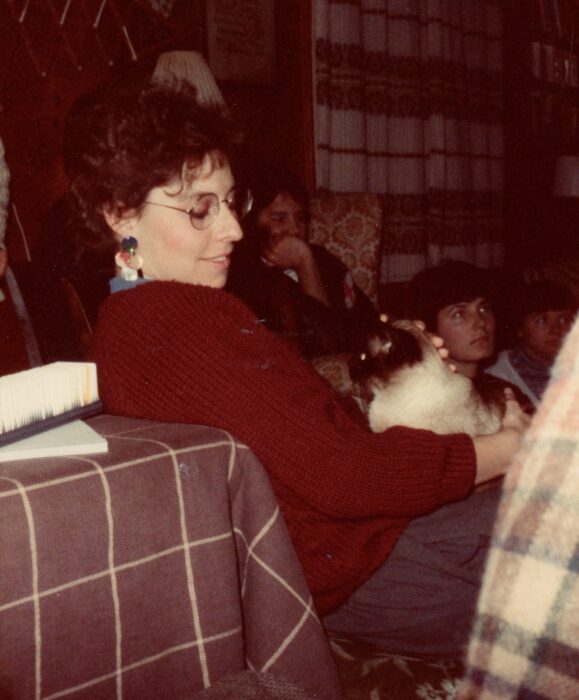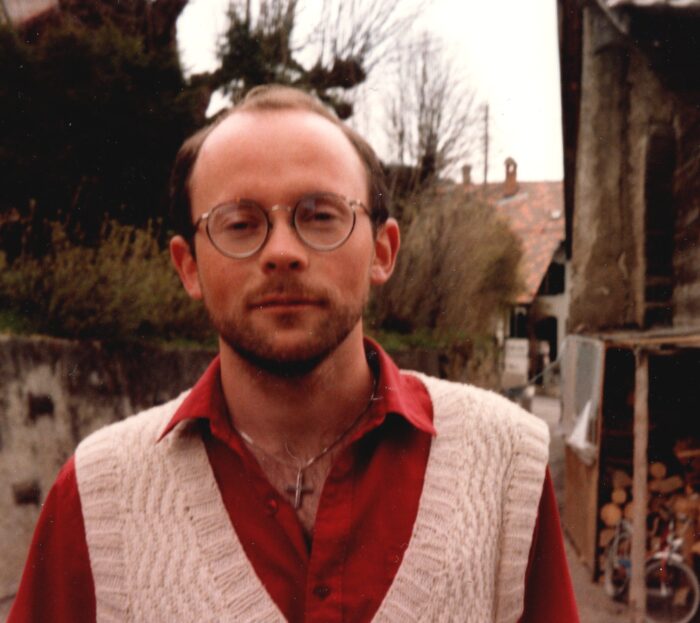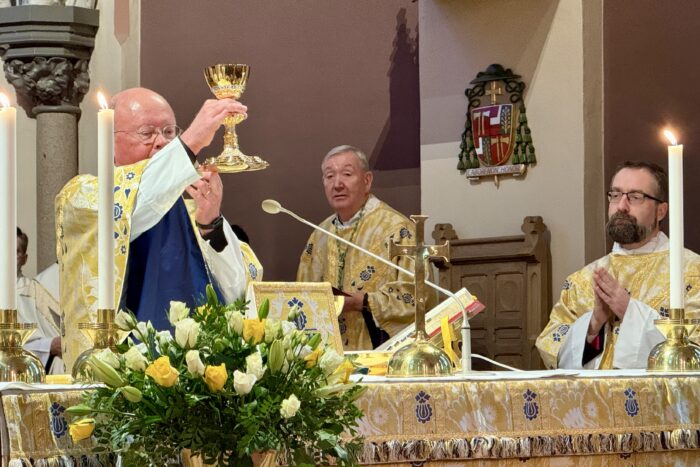Den store katolsk-lutherske debatten i avisa Dagen har fortsatt i juni, og selv skrev jeg dette leserinnlegget 10/6:
Da jeg for litt over 30 år siden ble opptatt i Den katolske kirkes fulle fellesskap (28/12-94) – etter å ha vokst opp i og vært medlem av Den norske kirke i 28 år, og deretter i Den evangelisk lutherske frikirke i 11 år – må jeg innrømme at spørsmålet om hvordan vi mennesker blir rettferdiggjort for Gud aldri dukket opp i mine overlegninger.
For selvsagt blir vi frelst ufortjent og av nåde på grunn av Jesu Kristi frelsesverk, det vet jo både katolikker og lutheranere (tenkte jeg, både da og nå).
Det var selvsagt viktige grunner til at jeg ble katolikk, og fem år senere katolsk prest, men spørsmålene om hvordan vi kan frelses talte verken for eller mot. For meg begynte det med en større vektlegging på sakramentene, som det vel også kunne være mulig å vektlegge mer innenfor luthersk sammenheng.
Dernest strevde jeg mye med å forstå hvem som hadde læreansvaret i en luthersk kirke, et svært aktuelt stridsspørsmål i Frikirken rundt 1990, og fortsatt forstår jeg ikke hvordan protestanter løser den saken.
Det tredje spørsmålet, som ble avgjørende for meg, var mangelen på apostolisk suksesjon i den lutherske kirke: Var jeg virkelig prest? spurte jeg meg selv. En usikkerhet om noe så essensielt kunne jeg ikke leve med, og derfor avsluttet jeg min lutherske prestetjeneste og ble katolikk.
Noen få år etter at jeg hadde blitt opptatt i Den katolske kirke, kom så den katolsk-lutherske Felleserklæringen om rettferdiggjørelsen, 31. oktober 1999. Da ble det svært tydelig for alle katolikker og lutheranere at de to kirkene i hovedsak er enige om hvordan et menneske blir rettferdig overfor Gud, og at dette spørsmålet derfor ikke lenger kunne være kirkesplittende (slik tenkte de fleste).
Det er lenge siden 1999, og det er ikke sikkert alle husker hovedinnholdet i denne felleserklæringen, derfor siterer jeg her fra artikkel 15:
«Det er vår felles tro at rettferdiggjørelsen er den treenige Guds verk. Faderen sendte sin Sønn til verden for å frelse syndere. Kristi fødsel, død og oppstandelse er både grunnlaget og forutsetningen for rettferdiggjørelsen. Derfor betyr rettferdiggjørelsen at Kristus selv er vår rettferdighet, som vi får del i gjennom Den Hellige Ånd, etter Faderens vilje. Sammen bekjenner vi: Ene og alene av nåde og ved troen på Kristi frelsesverk og ikke på grunn av noen fortjeneste i oss selv blir vi godtatt av Gud og mottar Den Hellige Ånd som fornyer hjertene, kaller og setter oss i stand til å gjøre gode gjerninger.»
I 2002 ble jeg spurt av Tidsskrift for Teologi og Kirke om jeg kunne skrive en artikkel om Felleserklæringen om rettferdiggjørelseslæren fra katolsk perspektiv. Det gjorde jeg, og artikkelen min fra den gang kan leses her: https://aomoi.net/odv/artikl/rettf-ttk-sept02.htm
Jeg skrev der en del om hvordan erklæringen ble mottatt hos oss, og det var tydelig at katolikker ikke syntes denne nye enigheten var særlig revolusjonerende (flere kalte den en overmoden frukt), mens mange lutheranere syntes det var en fantastisk nyhet. Men jeg skrev også en hel del om noen gjenstående ulikheter i de to kirkene mht. forholdet mellom rettferdiggjørelse og helliggjørelse, men også noe som passer godt inn i dagens debatt:
«Selv tenkte jeg ikke i det hele tatt på frelsesspørsmålet som noe vesentlig skille mellom de to kirkene da jeg var inne i konverteringsprosessen, og ingen av mine nærmeste, familie, kollegaer, venner, nevnte det heller…
Etter at jeg ble katolikk og etter at jeg ble katolsk prest i januar 2000, har dette inntrykket bare forsterket seg. De fleste lutherske kristne jeg møter, både lekfolk og prester, ser ut til å mene at ulikhetene i syn på rettferdiggjørelsen mellom lutheranere og katolikker er av liten betydning.
Når jeg av og til møter en luthersk teolog som er bevisst på disse «gamle» motsetningene, blir jeg noe overrasket og minnet om tidligere tiders holdninger. I dag er det vel heller synet på katolikkers forhold til helgener og bønn for avdøde, sammen med pavens og biskopenes stilling i den katolske kirke, som lutheranere reagerer på.
Mange lutherske teologer og prester har nok fortsatt store problemer med den katolske messeofferlæren, men, som sagt, jeg opplever svært lite av denne spenningen når det gjelder rettferdiggjørelsen.»
Når jeg så i avisa Dagen de siste ukene har lest at noen dyktige lutherske teologer fortsatt oppfatter skillet mellom katolsk og luthersk syn på rettferdiggjørelsen som dramatisk stort, og omtaler forskjellene med ord fra 1500-tallet (Tridentinerkonsilet), så overrasker altså dette meg en hel del.
Samtidig vet jeg at de aller fleste lutherske prester og teologer, og også pastorer og kirkeledere i andre kirkesamfunn som jeg regelmessig møter, ikke tenker og tror at vi katolikker lærer en annen vei til frelse enn de selv gjør.
Ville det ikke vært en god idé om samtalen om rettferdiggjørelsen mellom katolikker og lutheranere refererer til felleserklæringen fra 1999, heller enn til polemiske tekster som er nesten 500 år gamle?



